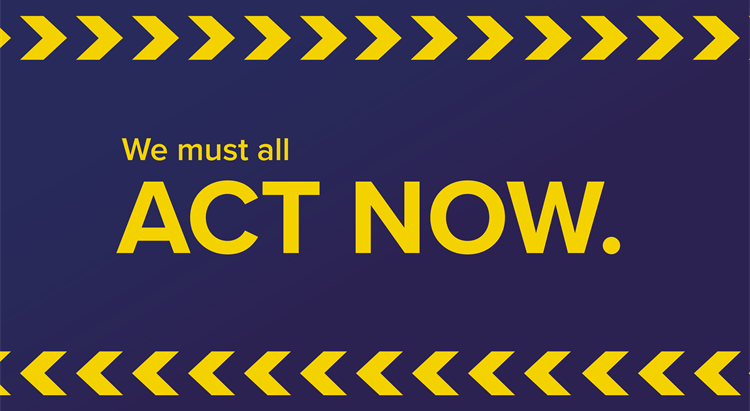16 November 2020

The Minister for Health and Social Services has made the following speech:
In light of the risks we face, Ministers have agreed a series of eight additional measures to those I set out when launching our Winter Strategy on 2 November.
Firstly, as was announced late last week, we will introduce triple-testing at the border for arriving passengers.
This will provide an increased chance of identifying COVID-19 infection while also reducing the period of self-isolation for those travellers arriving from the highest risk countries and regions.
The new regime introduces PCR tests for ALL arrivals from Green, Amber and Red countries on Days 0, 5 and 10.
Those arriving from a Green region must isolate until they receive a negative result from their day 0 test, those arriving from an Amber region must isolate until they receive a negative result from their day 5 test, and those arriving from a Red region must isolate until they receive a negative result from their day 10 test.
Secondly, in addition to current care home and visitor guidance, extra PCR testing will be available for named visitors of each care home resident - on a schedule similar to that of staff.
Regular testing will also be introduced for residents of all care homes.
Thirdly, from this Wednesday, older school pupils in Years 11, 12 and 13 will be asked to wear masks in the areas of their schools where mixing and social distancing is more difficult to manage.
The risk of infection and transmission is greater for older teenagers, as recent cases have shown. The policy will include mask-wearing in communal areas and on the school bus, as well as face visors for teaching staff.
Most Year 12 and 13 students, as a result of recent case clusters, are currently being PCR tested. In addition, we will also be testing all pupils in Years 11, 12, and 13.
Fourthly, we will be introducing a universal closing time of 10pm in the hospitality sector, with patrons having to leave premises by 10.30pm at the latest.
Ministers firmly believe that in the face of the current scenario, this is a proportionate response to the risk of transmission in some parts of the night-time economy.
Establishing a clear closing-time across licenced premises, in conjunction with reductions in larger gatherings and household mixing, provides a consistent approach to the highest-risk situations: things like drinking alcohol, attending multiple venues, and drinking later in the evening.
We need to ensure that people physically distance and follow public health advice - while limiting the wider economic impact of closure.
Fifth, we will be reducing the number of people allowed to attend large gatherings.
Super-spreading clusters of COVID-19 almost overwhelmingly occur in poorly ventilated, indoor environments, where many people congregate over time.
In such high-risk situations, where large numbers of people may come into contact with an infected individual, the potential for a cluster of infection is increased.
So from 2am on Friday 20 November, the maximum number of people able to attend informal gatherings - such as those in a private home – will be reduced from 20 to 10 people.
Gatherings requiring an organiser to carry out a risk assessment are reduced from a maximum of 40 to 20 people.
Restaurants will also be advised not to take table bookings of more than 10 - unless they have a separate room or area.
And the number of people attending funerals will be reduced from 80 to 40 people.
The restrictions on numbers attending outdoor events will not change.
Sixth, we will be exploring ways to provide economic incentives to support these public health measures - including additional funding for students returning to the Island.
Seventh, we will be continuing measures to support the approximately 3,000 people who are clinically assessed as at high-risk.
As numbers of community infections increase so does the relative risk to this group.
We will continue to promote a personalised risk-based approach to the activities this group of Islanders undertake outside of their homes. We are encouraging a balance between the risk of infection, and the impact that prolonged social isolation may have on mental health, mobility and general fitness.
Finally, we are recruiting more staff to maximise our capacity for PCR testing and contact-tracing, and to manage the surges in demand that we anticipate over the holiday period.
We want to ensure that testing, contact-tracing and enforcement continue to be managed in the most effective way throughout the winter.
These new measures provide the strong, multi-layered response that is necessary to stem the rise in infections, while avoiding an immediate need for a lockdown.
We will be setting out a clear timetable for the introduction of these measures over the coming days, to allow businesses and Islanders to prepare.
I would encourage all Islanders to study the updated guidance that will be on gov.je this week, and to follow those guidelines closely.
In closing, I want to announce that today I have lodged a set of Regulations which will enable the Government to enforce mandatory COVID-19 requirements by law, if it becomes necessary. This includes mask wearing.
It has always been and remains our hope that Islanders will take sensible precautions to prevent the spread of COVID-19. But these Regulations will allow us to take necessary steps to ensure our community is protected.
The Minister for Treasury and Resources, Deputy Susie Pinel, will now explain the Winter Economy Plan, which works hand-in-hand with the public health measures of our Winter Strategy.